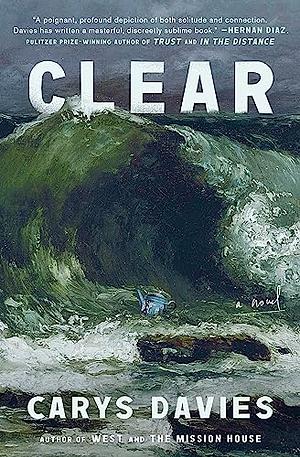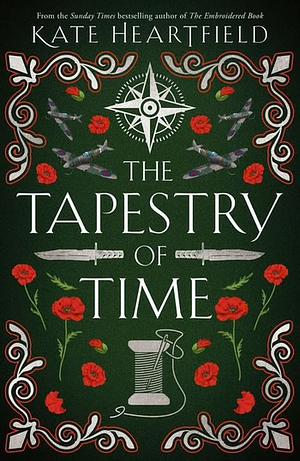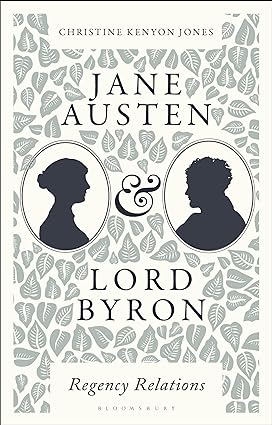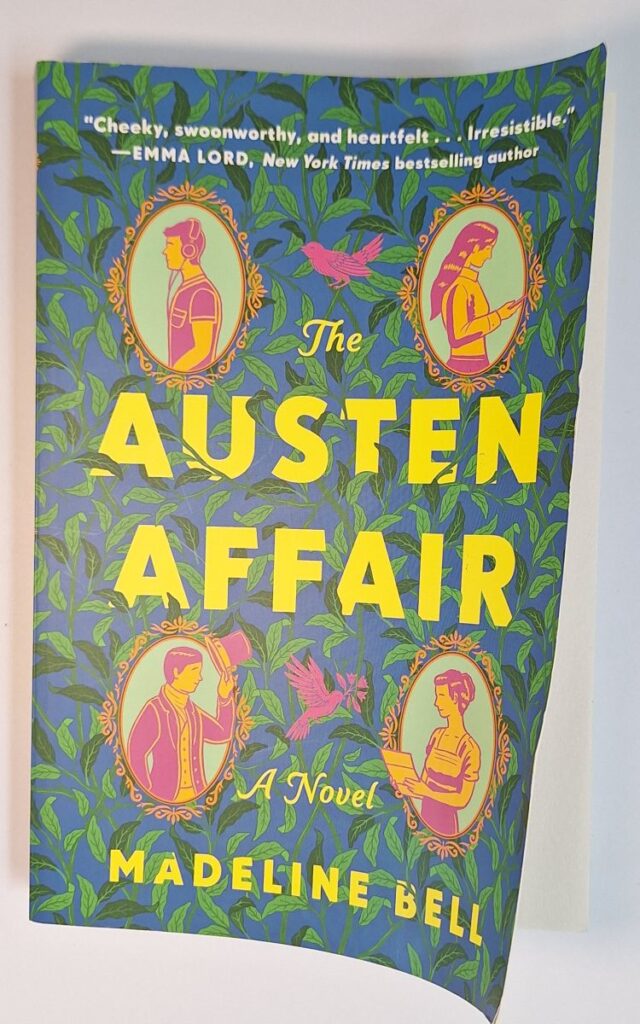One of the lovely women in my stitching group lent this to me.
Here’s the blurb …
Doctor Jack Troy was born and raised in the little town of Faha, but his responsibilities for the sick and his care for the dying mean he has always been set apart from his community. A visit from the doctor is always a sign of bad things to come.
His youngest daughter, Ronnie, has grown up in her father’s shadow, and remains there, having missed her chance at real love – and passed up an offer of marriage from an unsuitable man.
But in the advent season of 1962, as the town readies itself for Christmas, Ronnie and Doctor Troy’s lives are turned upside down when a baby is left in their care. As the winter passes, father and daughter’s lives, the understanding of their family, and their role in their community are changed forever.
This is beautifully written – is Niall Williams a poet? I could feel the damp and the humidity, not to mention the small town lack of anonymity. The baby doesn’t arrive until about halfway through the novel. Prior to that we are observing the daily lives of these ordinary people, which is made extraordinary simply by the observation. The doctor goes a bit mad when he tries to concoct a plan to keep the baby – this is Ireland in 1962, no one is going to let an unmarried woman keep the baby. However, after getting the curate drunk, sending money for a ticket to a young man in New York, crashing the car, willing an old lady to die, and Ronnie running away only to return – they concoct a good plan. This all sounds very dramatic, but it is a quiet, introspective novel with a real sense of place and character.
A review












